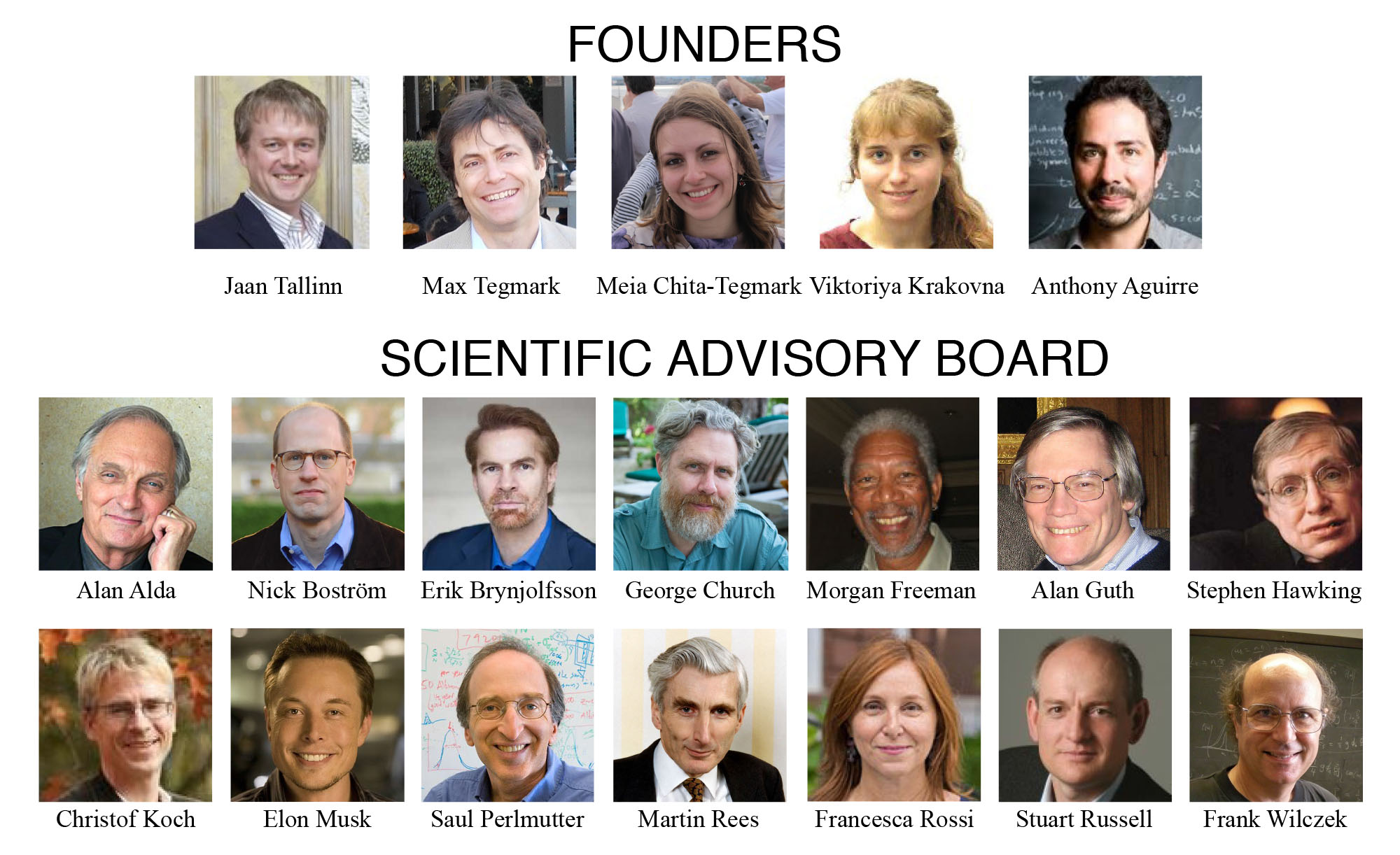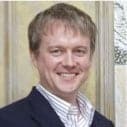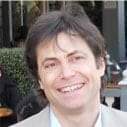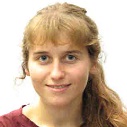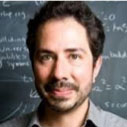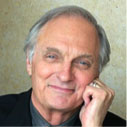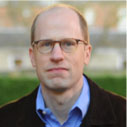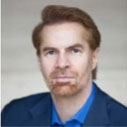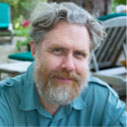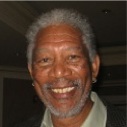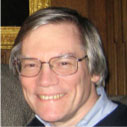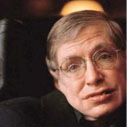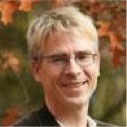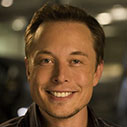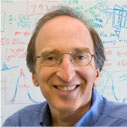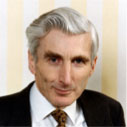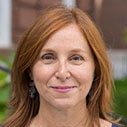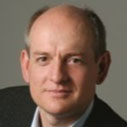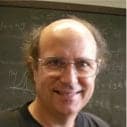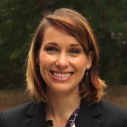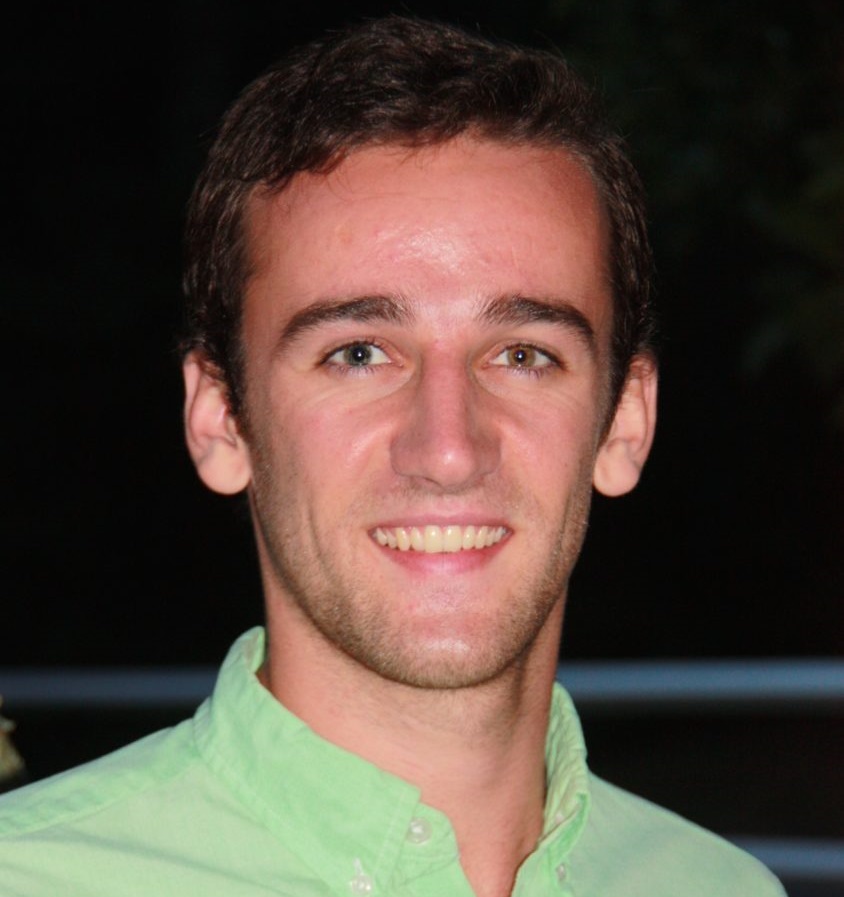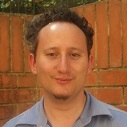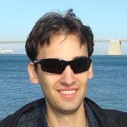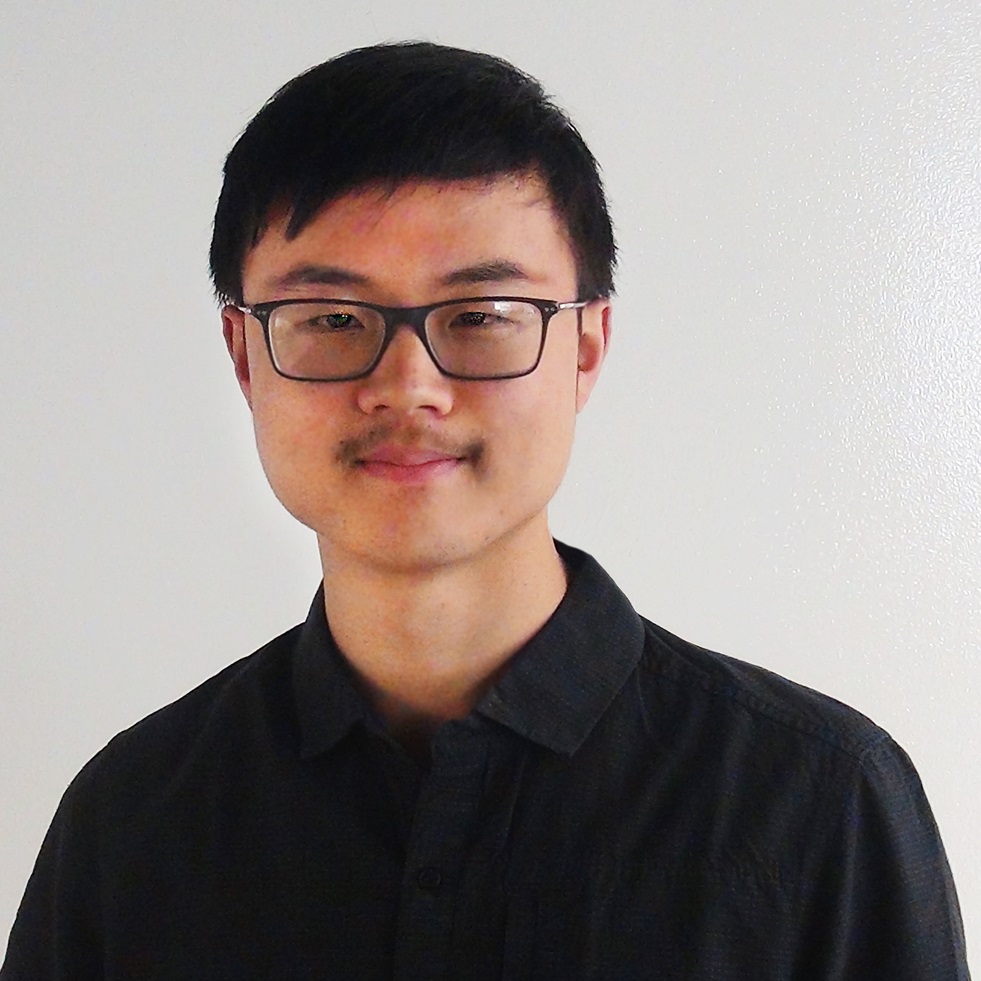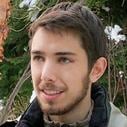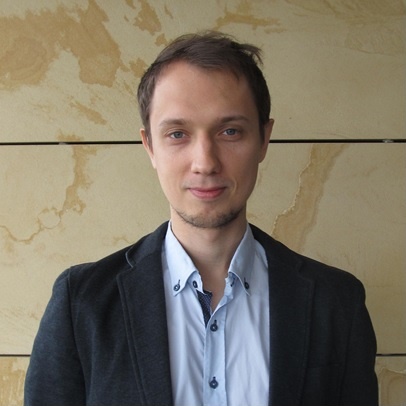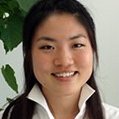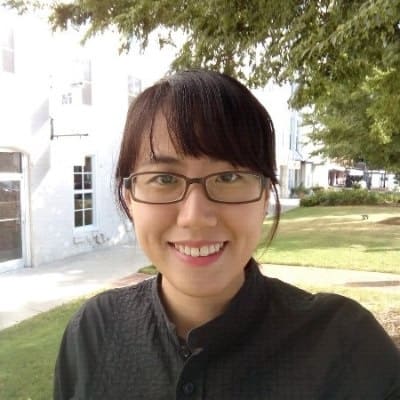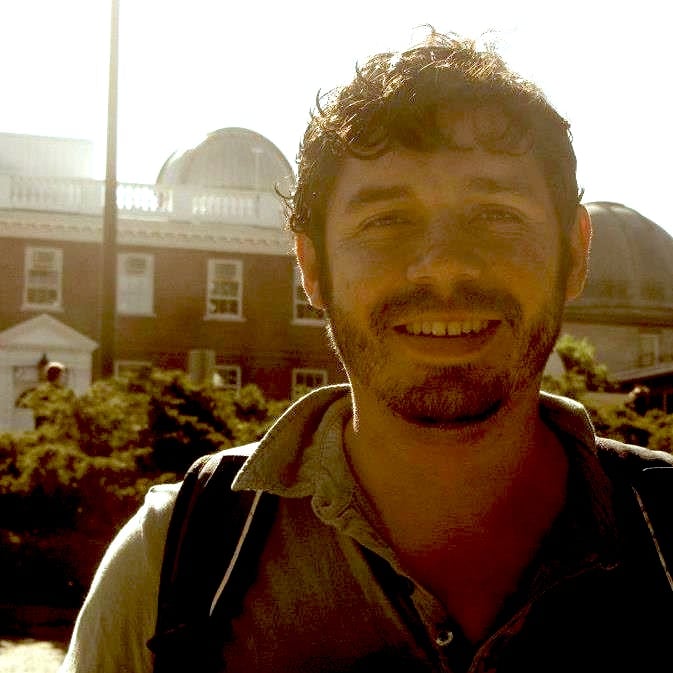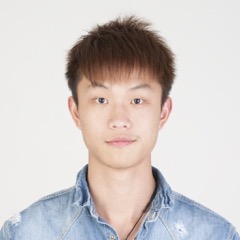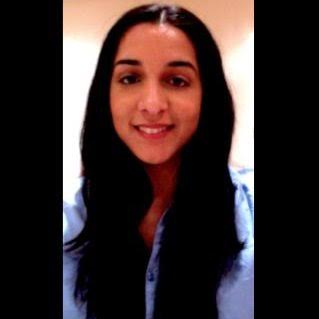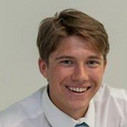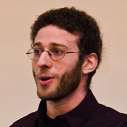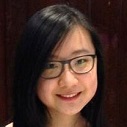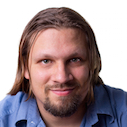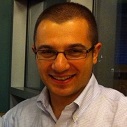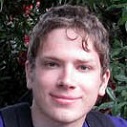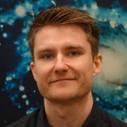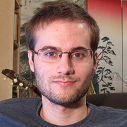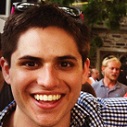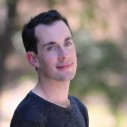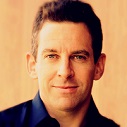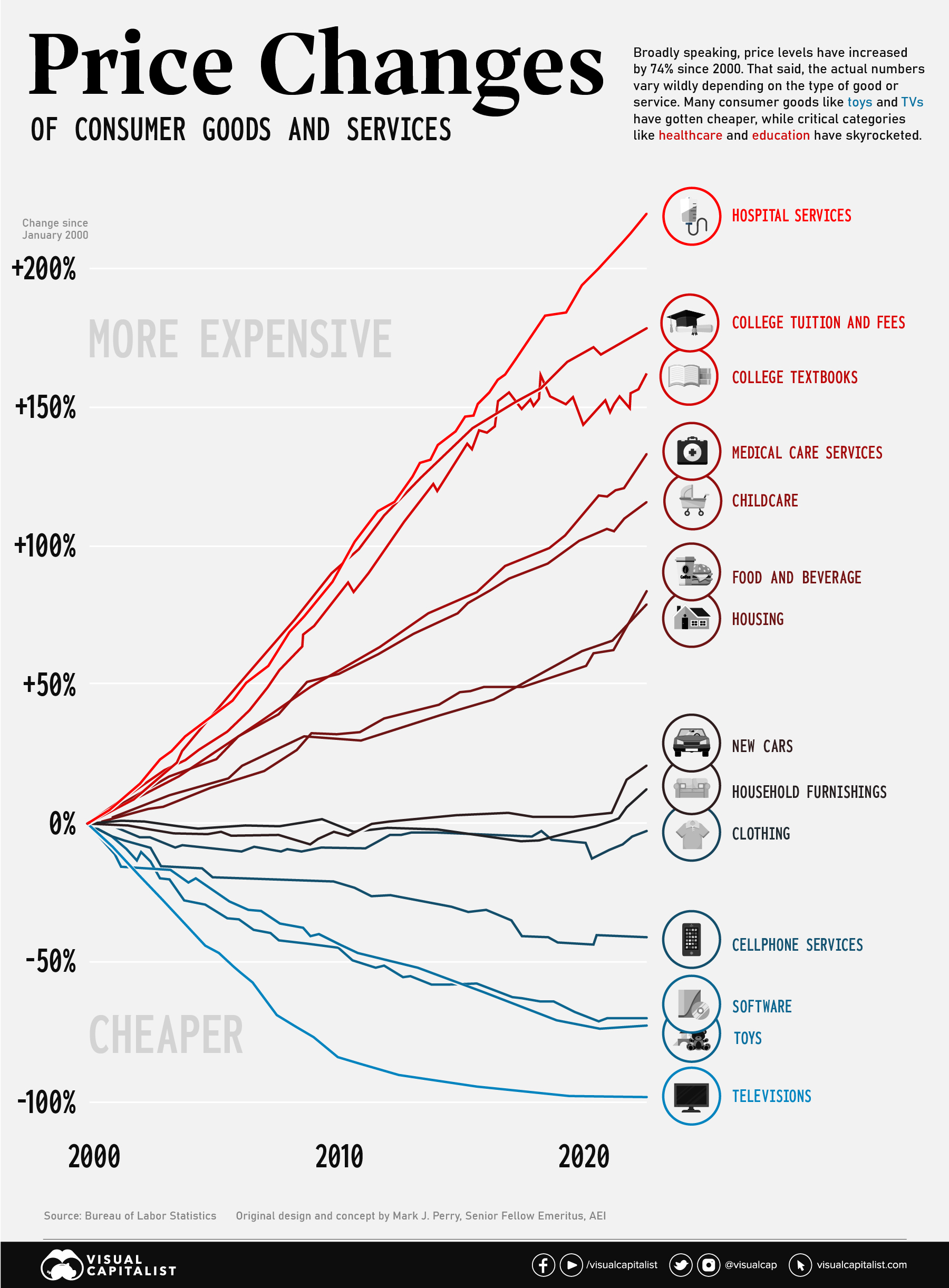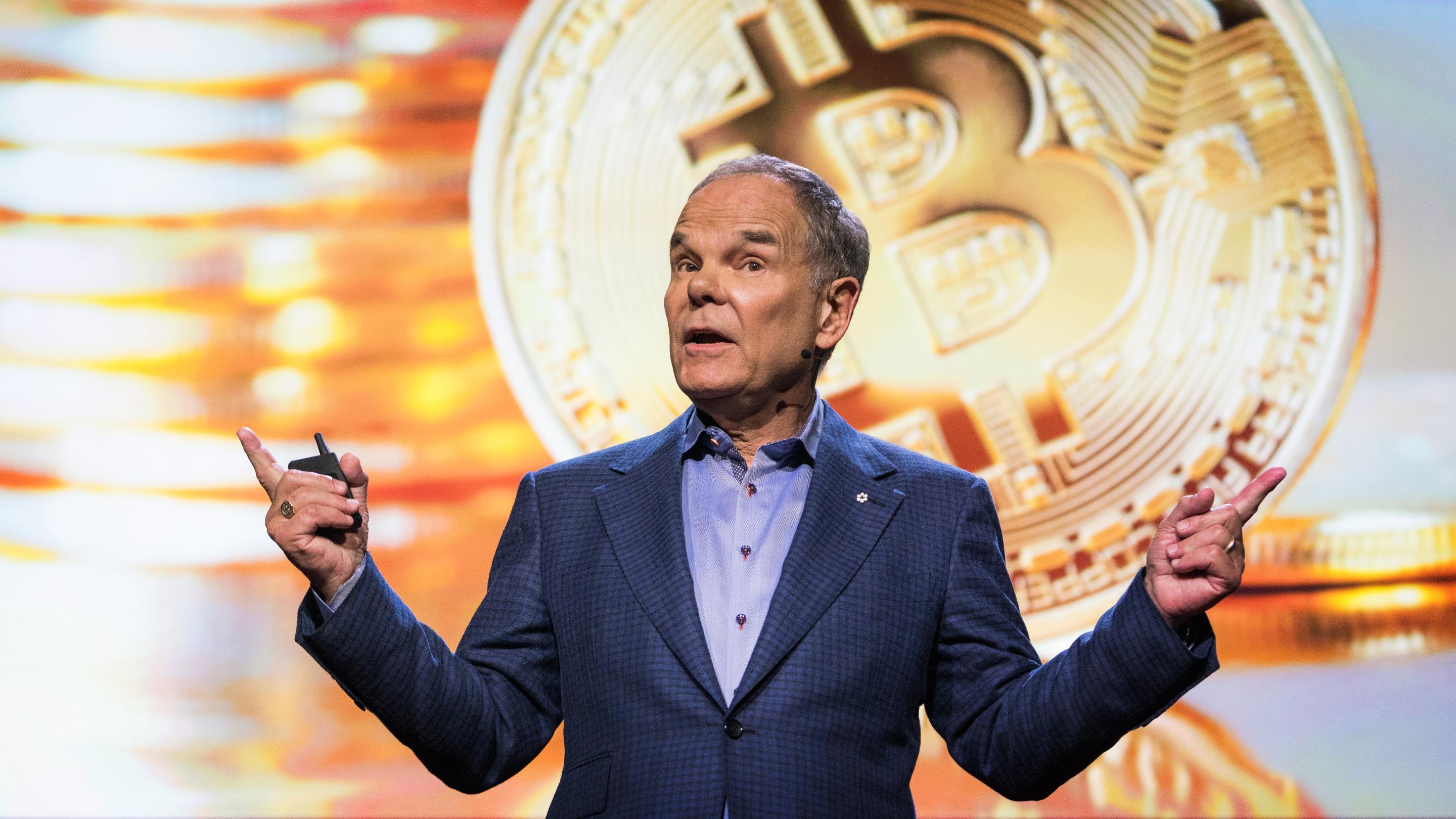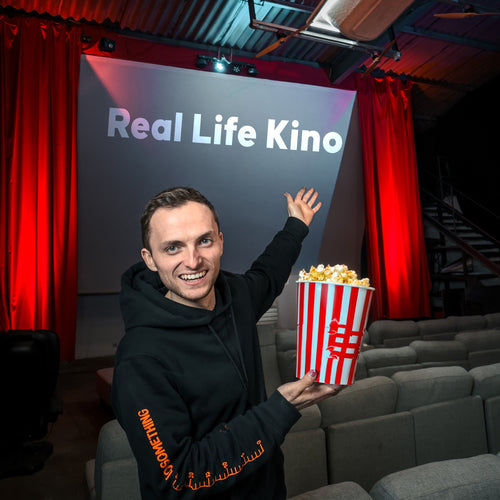Nutzen? Schaden? Untergang der Menschheit?
|
|
|
THE FUTURE OF LIFE INSTITUTE (FLI)
Mission: To catalyze and support research and initiatives for safeguarding life and developing optimistic visions of the future, including positive ways for humanity to steer its own course considering new technologies and challenges.
We have technology to thank for all the ways in which today is better than the stone age, and technology is likely to keep improving at an accelerating pace. We are a charity and outreach organization working to ensure that tomorrow’s most powerful technologies are beneficial for humanity. With less powerful technologies such as fire, we learned to minimize risks largely by learning from mistakes. With more powerful technologies such as nuclear weapons, synthetic biology and future strong artificial intelligence, planning ahead is a better strategy than learning from mistakes, so we support research and other efforts aimed at avoiding problems in the first place.
We are currently focusing on keeping artificial intelligence beneficial and we are also exploring ways of reducing risks from nuclear weapons and biotechnology. FLI is based in the Boston area, and welcomes the participation of scientists, students, philanthropists, and others nearby and around the world. Here is a video highlighting our activities from our first year.
FOUNDERS
Jaan Tallinn, Co-founder, SkypeJaan Tallinn is a founding engineer of Skype and Kazaa. He is a founder of the Cambridge Centre for the Study of Existential Risk and philanthropically supports other existential risk research organizations such as the Future of Humanity Institute, the Global Catastrophic Risk Institute and the Machine Intelligence Research Institute. He has also served on the Estonian President’s Academic Advisory Board.
Max Tegmark, Professor, MITKnown as “Mad Max” for his unorthodox ideas and passion for adventure, his scientific interests range from precision cosmology to the ultimate nature of reality, all explored in his new popular book “Our Mathematical Universe”. He is an MIT physics professor with more than two hundred technical papers and has featured in dozens of science documentaries. His work with the SDSS collaboration on galaxy clustering shared the first prize in Science magazine’s “Breakthrough of the Year: 2003.” He is founder (with Anthony Aguirre) of the Foundational Questions Institute.
Viktoriya Krakovna, Research Scientist, DeepMindViktoriya Krakovna is a research scientist in AI safety at DeepMind. Her PhD thesis in statistics and machine learning at Harvard University focused on building interpretable models. Viktoriya gained numerous distinctions for her accomplishments in math competitions, including a silver medal at the International Mathematical Olympiad and the Elizabeth Lowell Putnam prize.
Anthony Aguirre, Professor, UC Santa Cruz, and Cofounder of FLIAguirre is the Faggin Presidential Professor for the Physics of Information at UC Santa Cruz, and has done research in an array of topics in theoretical cosmology, gravitation, statistical mechanics, and other fields of physics. He also has strong interest in science outreach, and has appeared in numerous science documentaries. He is a creator of the science and technology prediction platform Metaculus.com, and is founder (with Max Tegmark) of the Foundational Questions Institute.
Meia Chita-Tegmark, PhD candidate, Boston UniversityWith a background in education and philosophy, Meia Chita-Tegmark has strong interests in the future of humanity and big picture questions. She conducts research at the Center for Autism Research Excellence at Boston University. She is interested in a variety of topics in developmental psychology, such as atypical language development, attention mechanisms and learning strategies.
Alan Alda, Actor, Writer, Director & Science CommunicatorAlan Alda has earned international recognition as an actor, writer and director. He has the distinction of being nominated for an Oscar, a Tony, and an EMMY – and publishing a bestselling book – all in the same year (2005). For over 20 years he has worked to help broaden the public’s understanding of science. He helped found the Alan Alda Center for Communicating Science at Stony Brook University where he is a Visiting Professor. He originated The Flame Challenge, a yearly international competition for scientists in which they compete to explain complex scientific concepts so that 11-year-olds can understand them. Since 2008, he has worked with physicist Brian Greene in presenting the annual World Science Festival in New York City, attended since its inception by over a million people. He has also hosted award winning science series like Scientific American Frontiers, The Human Spark, Brains on Trial on PBS, interviewing leading scientists from around the world.
Nick Bostrom, Director, Oxford Future of Humanity Institute, Oxford UniversityNick Bostrom is a Professor in the Faculty of Philosophy at Oxford University and founding Director of the Future of Humanity Institute and the Programme on the Impacts of Future Technology within the Oxford Martin School. He is the author of some 200 publications, including Anthropic Bias, Global Catastrophic Risks, Human Enhancement, and, most recently, the book Superintelligence: Paths, Dangers, Strategies (OUP, 2014). He is known for his pioneering work on existential risk, the simulation argument, anthropics, AI safety, and global consequentialism. He has received the Eugene R. Gannon Award for the Continued Pursuit of Human Advancement and been named One of the Top 100 Global Thinkers by Foreign Policy Magazine.
Erik Brynjolfsson, Director, MIT Center for Digital Business, MITErik Brynjolfsson is a Professor at the MIT Sloan School of Management, Director of the MIT Center for Digital Business, Chair of the MIT Sloan Management Review, and the Editor of the Information Systems Network. His research and teaching focuses on how businesses can effectively use information technology in general and the Internet in particular. His books include Race Against the Machine: How the Digital Revolution is Accelerating Innovation, Driving Productivity, and Irreversibly Transforming Employment and the Economy and The Second Machine Age: Work, Progress, and Prosperity in a Time of Brilliant Technologies, both co-authored with Andrew McAfee.
George Church, Professor of Genetics, Harvard UniversityGeorge Church is a professor of genetics at Harvard Medical School and a professor of health sciences and technology at Harvard and MIT. With Walter Gilbert, he developed the first direct genomic sequencing method and helped initiate the Human Genome Project. Church is responsible for inventing the concepts of molecular multiplexing and tags, homologous recombination methods, and DNA array synthesizers. He initiated the Personal Genome Project in 2005 as well as research into synthetic biology. He is director of the U.S. Department of Energy Center on Bioenergy at Harvard and MIT and director of the National Institutes of Health Center of Excellence in Genomic Science at Harvard, MIT and Washington University. He is a senior editor for Nature EMBO Molecular Systems Biology.
Morgan Freeman, Actor, Director, Narrator & Science CommunicatorMorgan Freeman is an actor, film director, narrator and science communicator. He won a Golden Globe Award in 1989, an Academy Award in 2004 and an Oscar in 2005. He has been narrating and hosting the science documentary television series Through the Wormhole since 2010.
Alan Guth, Professor of Physics, MITAlan Guth was awarded the Gruber prize and the Fundamental Physics Prize for developing the theory of cosmological inflation, which has emerged as the most broadly accepted theory of our cosmic origins. By showing how a tiny subatomic speck of matter can rapidly and repeatedly double its size, it provides a mechanism for causing our Big Bang, and many of its predictions have now been experimentally confirmed. Most of his research has centered on the application of theoretical particle physics to the early universe: what can particle physics tell us about the history of the universe, and what can cosmology tell us about the fundamental laws of nature?
Stephen Hawking, Director of Research, Centre for Theoretical Cosmology, Cambridge UniversityStephen Hawking was awarded a 2012 Fundamental Physics Prize for his pioneering work on quantum gravity. This included the prediction of Hawking Radiation causing black holes to evaporate, and this same process explains why our universe produced gravitational waves during its inflationary origins, which was spectacularly confirmed in 2014 by the BICEP2 experiment. He is Director of Research at the Centre for Theoretical Physics at Cambridge and the former Lucasian Professor of Mathematics at the University of Cambridge. His books include A Brief History of Time, A Briefer History of Time and The Universe in a Nutshell.
Christof Koch, Chief Scientific Officer, Allen Institute for Brain ScienceChristof Koch has done pioneering work on the neural basis of consciousness, and spent 25 years as a professor at the California Institute of Technology. His interdisciplinary interests integrate theoretical, computational and experimental neuroscience, and he has published both popular books (Consciousness: Confessions of a Romantic Reductionist and The Quest for Consciousness: A Neurobiological Approach) and technical books (Biophysics of Computation: Information Processing in Single Neurons and Methods in Neuronal Modeling: From Ions to Networks).
Elon Musk, Founder, SpaceX and Tesla MotorsElon Musk is the founder, CEO and CTO of SpaceX and co-founder and CEO of Tesla Motors. In recent years, Musk has focused on developing competitive renewable energy and technologies (Tesla, Solar City), and on taking steps towards making affordable space flight and colonization a future reality (SpaceX). He has spoken about the responsibility of technology leaders to solve global problems and tackle global risks, and has also highlighted the potential risks from advanced AI.
Saul Perlmutter, Professor of Physics, UC BerkeleyProfessor Perlmutter, who led one of two teams that simultaneously discovered the accelerating expansion of the universe, was awarded the 2011 Nobel Prize in Physics, which he shares with two members of the rival team. He is a physics professor at UC Berkeley and an astrophysicist at Lawrence Berkeley National Laboratory. Research aside, he also has a strong interest in science education and outreach. He has written numerous popular articles and has appeared in many TV documentaries on astronomy and cosmology.
Martin Rees, Emeritus Professor of Cosmology & Astrophysics, Cambridge UniversityMartin Rees, Baron Rees of Ludlow and Astronomer Royal, is Emeritus Professor of Cosmology and Astrophysics at the University of Cambridge. He is the author or co-author of more than 500 research papers, mainly on astrophysics and cosmology, as well as eight books (six for general readership), and numerous magazine and newspaper articles on scientific and general subjects. In 2005 he was appointed to the House of Lords, and he has been Master of Trinity College as well as President of many organizations, including the Royal Society, the Royal Astronomical Society and the British Association for the Advancement of Science. His many awards include the Gold Medal of the Royal Astronomical Society, the Balzan International Prize, the Cosmology Prize of the Peter Gruber Foundation, the Einstein Award of the World Cultural Council and the Crafoord Prize (Royal Swedish Academy).
Francesca Rossi, IBM Research and University of PadovaFrancesca Rossi is a research scientist at the IBM T.J. Watson Research Center, currently on leave from the University of Padova, Italy. Her research interests are within artificial intelligence, and include constraint reasoning, preferences, multi-agent systems, and computational social choice. She has published over 170 papers on these and other topics related to AI. She has been president of the International Association for Constraint Programming (ACP) and of the International Joint Conference on Artificial Intelligence (IJCAI). She currently is the associate editor in chief for the Journal of AI Research (JAIR), and she is both an AAAI and ECCAI fellow.
Stuart Russell, Professor of AI, UC BerkeleyStuart Russell is a computer science professor at Berkeley and the director of the Center for Intelligent Systems. He has published over 100 papers on a wide range of topics in artificial intelligence, the standard textbook Artificial Intelligence: a Modern Approach and the books The Use of Knowledge in Analogy and Induction and Do the Right Thing: Studies in Limited Rationality. He has received the Presidential Young Investigator Award of the National Science Foundation and the Computers and Thought Award and is a Fellow of the Association for Computing Machinery. He is also a Fellow and former Executive Council member of the American Association for Artificial Intelligence.
Frank Wilczek, Professor of Physics, MITFrank Wilczek is a physics professor at MIT and a 2004 Nobel laureate for his work on the strong nuclear force. He is known, among other things, for the discovery of asymptotic freedom, the development of quantum chromodynamics, the invention of axions, and the discovery and exploitation of new forms of quantum statistics (anyons). When only 21 years old and a graduate student at Princeton University, in work with David Gross, he defined the properties of color gluons, which hold quarks together in protons and neutrons.
CORE TEAM
Ariel ConnAriel oversees media and outreach for FLI, and she founded Mag10 Media, an organization dedicated to improving science communication. She’s studied English, physics, and geophysics, and her background is a mix of advertising, marketing, and scientific research. She’s worked with NASA, the National Labs, and multiple universities, including MIT and Virginia Tech.
Tucker DaveyTucker graduated from Boston College in 2016 with a major in Political Science and minors in Philosophy and Hispanic Studies. He was introduced to existential risks and effective altruism during his senior year and, after spending a summer working at an orphanage in Honduras, he has focused on the intersection between the two ideas. Through his writing and research at FLI, Tucker primarily examines climate change and artificial intelligence. He is particularly interested in the relationship between technology and society, and the psychology of existential risks.
Richard Mallah, Director of Advanced Analytics, Cambridge SemanticsRichard Mallah heads research in artificial intelligence and text analytics at knowledge integration platform firm Cambridge Semantics, with applications ranging from drug discovery to fraud detection. Richard is a board member at MarketMuse, a web marketing augmentation firm, and is an advisor to other startups and nonprofits where he advises on AI, knowledge management, and sustainability. He has over a dozen years of AI algorithms development, product team management, and CTO-level roles in finance, healthcare, and tech. Richard holds a degree in computer science and AI from Columbia University and is well-read in natural philosophy.
Lucas PerryLucas is passionate about the role that science and technology will play in the evolution of all sentient life. He has studied at a Buddhist monastery in Nepal and while there he engaged in meditative retreats and practices. He is now working to challenge and erode our sense of self and our subject-object frame of reference. His current project explores how mereological nihilism and the illusion of self may contribute to forming a radically post-human consequentialist ethics. His other work seeks to resolve the conflicts between bio-conservatism and transhumanism.
David Stanley, Researcher, Boston UniversityDavid is a postdoctoral researcher at Boston University specializing in computational neuroscience. He has published research on deep neural networks, neural network dynamics, and neurological disorders. David has a long-standing interest in the intersection of artificial intelligence and neuroscience. His objectives are to apply the next generation of data analysis techniques to understanding brain function, and to ensure that related neural technology is used ethically.
VOLUNTEERS
Alan Yan, Master’s Fellow, MITAlan is passionate about both ethics and innovation at the intersection of technology and society. He is an avid proponent of unity of knowledge and a transdisciplinary approach to epistemology and posits that the traditional compartmentalization of disciplines has led to many of today’s existential threats. With a background in mechanical and software engineering, he is currently a Master’s Fellow in Integrated Design & Management at MIT.
Eric Gastfriend, MBA student, Harvard Business SchoolEric is an MBA student at Harvard Business School, Class of 2015. After graduating from Brown University in 2010 with a degree in International Relations, he worked for 3 years as General Manager of Happy Cloud, a cloud gaming tech startup.
Grzegorz OrwińskiGrzegorz holds a master’s degree in computer science. He is a software developer, focused on Microsoft technologies. Grzegorz (or Gregory, if you don’t want your tongue to hurt) lives in Warsaw, Poland and works remotely for software company based in Norway. In his spare time he likes to deepen his knowledge and engage in conversations on cosmology, astronomy, AI, bioethics, transhumanism and future of humanity.
Jacob BeebeJacob holds a BA in Psychology and Russian Literature from the University of Wisconsin, where he became interested in studying the peculiarities of human nature across time and cultures. He currently works abroad as a freelance translator and assists with FLI outreach efforts in Eastern Europe. His other interests include music, conservation, and the universe.
Kazue EvansKazue holds a MA in Human Security and International Organizations and has interest in altruism. Kazue is currently a Japanese-English bilingual analyst in the energy tech industry. She assists with AI safety and nuclear translation and outreach efforts for Japan AI community.
Na Li (Lina), BiologistLina is a PhD graduate from an infectious diseases program that is jointly established by Singapore’s National Research Foundation and MIT. She is also the recipient of Singapore-MIT Alliance for Research and Technology Graduate Fellowship and had published her research on the impact of acute infections on host genome and cellular fate. She has previous experience in clinical research project management and she strongly believes in the importance of regulations that promote the safety and effectiveness of medical products that have the power to improve lives. Lina is currently based in Durham-Raleigh, North Carolina, and is leading FLI’s Chinese outreach efforts.
Rafael Martinez-GalarzaRafael Martinez-Galarza is a postdoctoral fellow at the Harvard-Smithsonian Center for Astrophysics. His research focuses on infrared studies of galactic and extra-galactic star-forming regions. He has worked in the calibration team for NASA’s James Webb Space Telescope and currently enjoys teaching stochastic optimization methods.
Vera KorolevaVera received her BA and MA degrees in language studies with focus on simultaneous interpretation, translation, and localization (Russian, English, Italian). Throughout her studies, Vera has specialized in a variety of topics, including environment, nuclear security, and AI, and takes pride in providing accurate and idiomatic translations. While her professional aspirations lie in the sphere of simultaneous interpretation, she is currently pursuing a career as a freelance translator and editor. In her spare time, she enjoys social dancing and catching up with the news over a nice cup of cappuccino.
Xin WenMy name is Xin Wen. I am currently an undergraduate student studying Chemistry in the University of Utah. I am also doing research about Raman Microscopy Monitoring of Interdigitated Hybrid-bilayer as an undergraduate research assistant with Dr. Joel Harris at the Department of Chemistry of the University of Utah. After receiving my BS degree, I am planning to go into the healthcare field and eventually become a Physician.
I have a strong interest in Artificial Intelligence because with technology developing so quickly, it will become a huge part of our lives. After joining the FLI, I realized people always talk about how AI benefits humans, but almost never talk about how AI could have negative impact on humans as well. AI is developing so fast that more people need to understand the danger it could bring to humans if it is not developed properly. Therefore, I decided to join the institution and be a part of the Chinese team, using my Chinese background to get more people to know about FLI.
Yishuai DuYishuai Du is a Master student in the department of Biomedical Informatics, University of Utah School of Medicine and has interest in Math and AI. He assists with AI safety and FLI’s Chinese outreach efforts.
Zara YaqoobZara is a philosophy student, interested in AGI safety as well as computational neuroscience and defining intelligence. She is currently in the process of writing her dissertation on these topics. Aside from AI, climate change and global warming are another interest and she is working on another project investigating why current economic models are incompatible with sustainable development. Hobbies include reading, sports, coding and travelling.
PAST VOLUNTEERS
Ales Flidr, Harvard CollegeAles is a student at Harvard College, Class of 2017. His chief academic interests are philosophy, politics and economics. He is currently the co-president of Harvard Effective Altruism and plans to research existential risk as a potentially effective philanthropic cause.
Jesse GalefJesse is a communications professional who works to promote critical thinking and improve the perception of atheists in America. He served as the Secular Student Alliance’s Communications Director for four years, acting as a national spokesman in outlets across including The New York Times, Washington Post, USAToday, Fox News, and CNN. He previously worked for the Secular Coalition for America lobbying organization, American Humanist Association, and served as Publicity Director for the Reason Rally in 2012.
Melody Guan, Harvard UniversityMelody is an AB-AM student at Harvard University studying chemistry, physics, and statistics. She is chair of Harvard Effective Altruism and an impact journalist for The Huffington Post. She won medals at three different International Science Olympiads and was invited to Canada’s International Math Olympiad training camp. She is interested in the ethics and societal impacts of technology and AI, and passionate about fighting social inequality, human exploitation and trafficking, and doing the maximal possible good in her lifetime.
Peter HaasPeter Haas is the COO of XactSense, a UAV manufacturer in Warwick RI working on robotic LIDAR mapping and autonomous navigation. Prior to XactSense, Peter founded AIDG – a small and medium hardware enterprise accelerator in emerging markets. Peter received both TED and Echoing Green fellowships. He is concerned about the impacts of automation and AI on the lives of the 2.7 billion people that make less than $2 a day. He has been a speaker on poverty issues at TED Global, The World Bank, Harvard University and other venues. He holds a B.A. in Philosophy and Psychology from Yale University.
Max Kesin, PalantirMax Kesin is a Machine Learning Engineer at Palantir and a co-organizer of the NYC Machine Learning Meetup. He has been interested in AI since 2006 (successfully pivoting his career as a Software Developer in this direction). In 2009 he became aware of concerns with poorly designed AI and became a supporter of the Machine Intelligence Research Institute.
Janos KramarJanos holds a Masters in Statistics from Harvard University. He was a Visiting Fellow at the Machine Intelligence Research Institute in 2010, and is currently organizing Boston MIRIx workshops. He was the winner of gold medals in the Canadian Mathematics Olympiad in 2003 and the Canadian Computing Competition in 2004 and a bronze medal in the International Mathematical Olympiad in 2004, and was in the top 30 in the 2007 and 2008 Putnam Mathematics Competitions.
Daniel R. Miller, PhD candidate, MITDaniel R. Miller is a Ph.D. student at the MIT Kavli Institute for Astrophysics and Space Research. Using large telescopes in the Chilean Andes to observe light emitted from our Universe 12 billion years ago along with state-of-the-art high performance computer simulations, he works at the intersection of observational and theoretical astrophysics on subjects including cosmology, cosmic structure, and reionization. He also spent several years doing research in plasma physics and controlled nuclear fusion on the MIT Alcator C-Mod experimental tokamak reactor.
Chase MooresChase is an autodidact and a student for life, with a passion and curiosity for learning and a desire to have a positive impact on the world. Currently a software engineer, he will be transitioning to composing classical and flamenco music pieces, and researching existential risks and the impacts and consequences of advancing technology on the United States and the world’s economy and society.
Jacob Trefethen, Harvard UniversityJacob is a Henry Fellow at Harvard University, affiliated with the Department of Economics. Before that, he studied Philosophy at the University of Cambridge, graduating in 2014. There, he founded 80,000 Hours: Cambridge, an organization that researches high impact ethical careers and coaches altruistically-minded people on what careers they should choose. Jacob’s research interests lie in the intersection of ethics and economics.
TOP DONORS
Elon Musk, Founder, SpaceX and Tesla MotorsElon Musk is the founder, CEO and CTO of SpaceX and co-founder and CEO of Tesla Motors. In recent years, Musk has focused on developing competitive renewable energy and technologies (Tesla, Solar City), and on taking steps towards making affordable space flight and colonization a future reality (SpaceX). He has spoken about the responsibility of technology leaders to solve global problems and tackle global risks, and has also highlighted the potential risks from advanced AI.
Jaan Tallinn, Co-founder, SkypeJaan Tallinn is a founding engineer of Skype and Kazaa. He is a founder of the Cambridge Centre for the Study of Existential Risk and philanthropically supports other existential risk research organizations such as the Future of Humanity Institute, the Global Catastrophic Risk Institute and the Machine Intelligence Research Institute. He has also served on the Estonian President’s Academic Advisory Board.
Matt WageMatt Wage did his undergraduate studies at Princeton University, with a prize-winning senior thesis in philosophy. He works for a financial trading firm and donates roughly half his income to charity.
Nisan StiennonNisan Stiennon completed a PhD in mathematics at Stanford University, and is now a software engineer at Google. He teaches at the Summer Program in Applied Rationality and Cognition, a math camp for technically talented youth which focuses on high-impact applications.
Sam Harris, Project ReasonSam Harris is the author of the bestselling books The End of Faith, Letter to a Christian Nation, The Moral Landscape, Free Will, Lying, and Waking Up. The End of Faith won the 2005 PEN Award for Nonfiction. His writing and public lectures cover a wide range of topics—neuroscience, moral philosophy, religion, spirituality, violence, human reasoning—but generally focus on how a growing understanding of ourselves and the world is changing our sense of how we should live.
Jacob Trefethen, Harvard UniversityJacob is a Henry Fellow at Harvard University, affiliated with the Department of Economics. Before that, he studied Philosophy at the University of Cambridge, graduating in 2014. There, he founded 80,000 Hours: Cambridge, an organization that researches high impact ethical careers and coaches altruistically-minded people on what careers they should choose. Jacob’s research interests lie in the intersection of ethics and economics.
[print-me]
[GTranslate]


